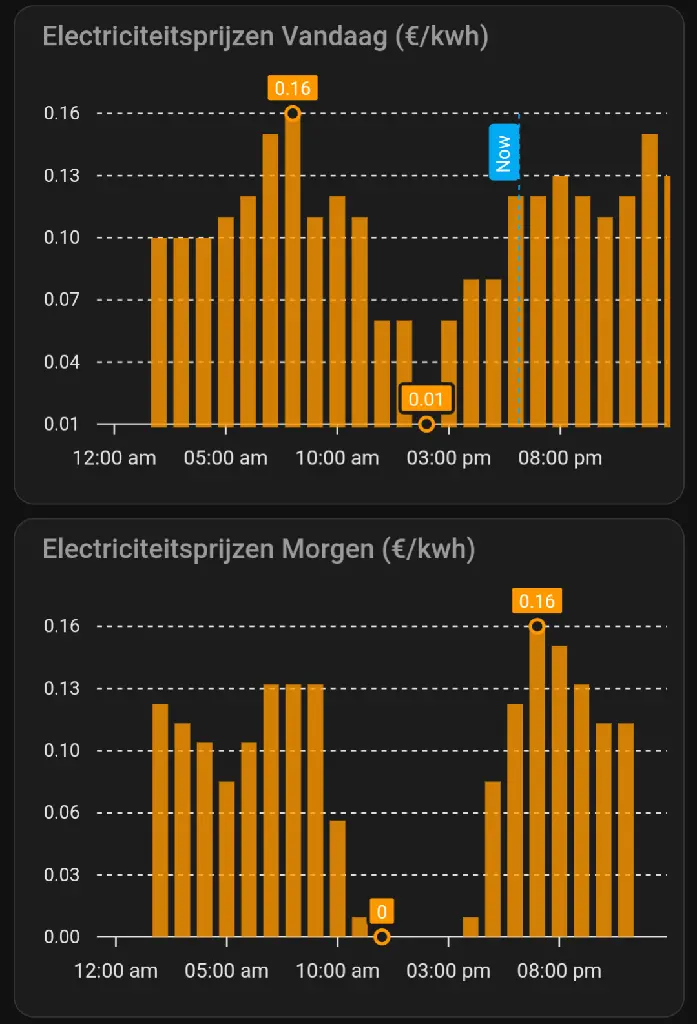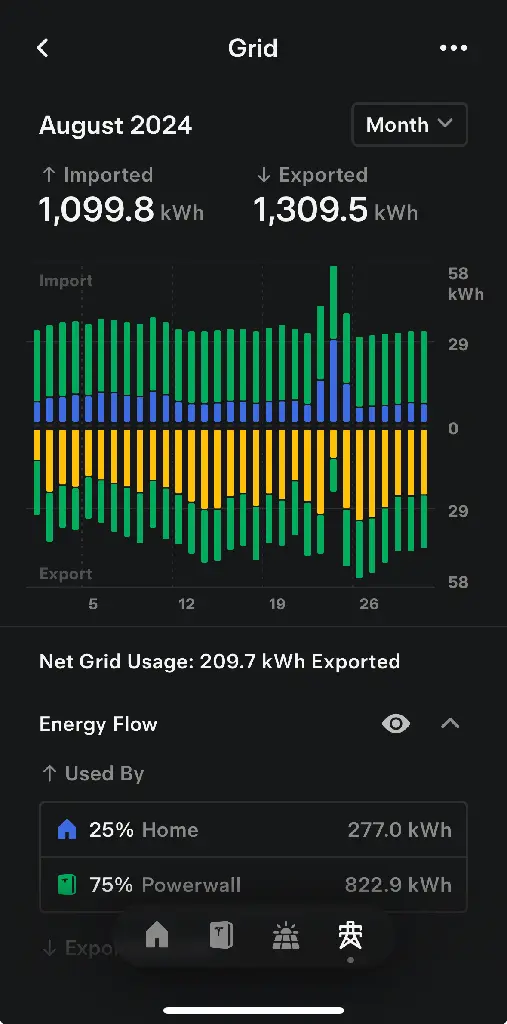Any of you who are paying more than 20 cents a kilowatt hour, especially if you live in a warmer area of the country, are doing yourselves a grave disservice by not buying and installing a hybrid water heater.
They are fairly spendy, oftentimes costing $1,600 or more just for the water heater and then another thousand or two to have it installed, but heating your water is one of the largest most inescapable bills that you have and a hybrid water heater does double duty by taking the heat out of your air that you are paying to condition and putting it into your water that you were paying to heat, saving money on both at the same time by being more efficient.
If you encounter a scenario where you have $2,500 to spare on a project that will decrease your monthly bills and pay for itself, that's the one to pick, especially if you are a diy'er and are not afraid of doing a little bit of PEX work.
My electricity cost me 13.2 cents a kilowatt hour and installing an 80 gallon hybrid water heater to replace the 55 gallon that I had took $20 a month off of my power bill.
I did it myself with a little bit of help from a friend and it took me roughly an entire Saturday.
Total cost out the door was about $1,600 because I got a $500 credit from my power company to get it installed, and the water heater cost $1,600, the parts and pieces I needed cost me another $250, and I slipped my friend 250 bucks for helping out.
At an average of $20 a month power saved that water heater will pay for itself in a little under 7 years, which is a good while yes, but if you're paying 50 cents a kilowatt hour it would pay for itself in under 2 years, and if you live in a warmer climate than Washington State the extra air conditioning it provides free of charge will further decrease your energy bills especially in the summer.

